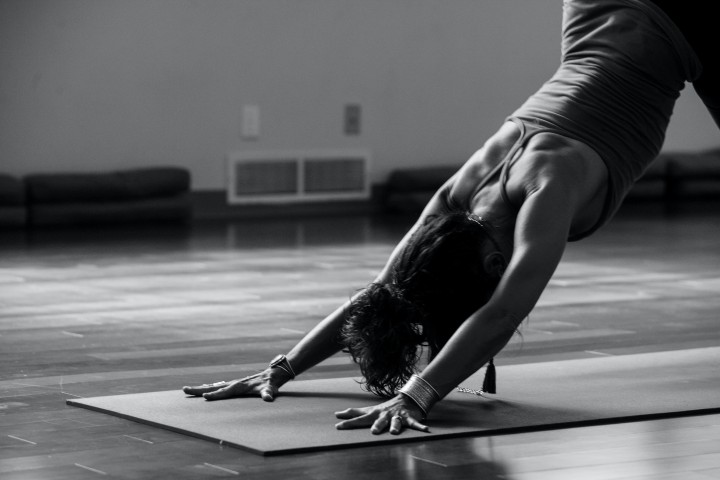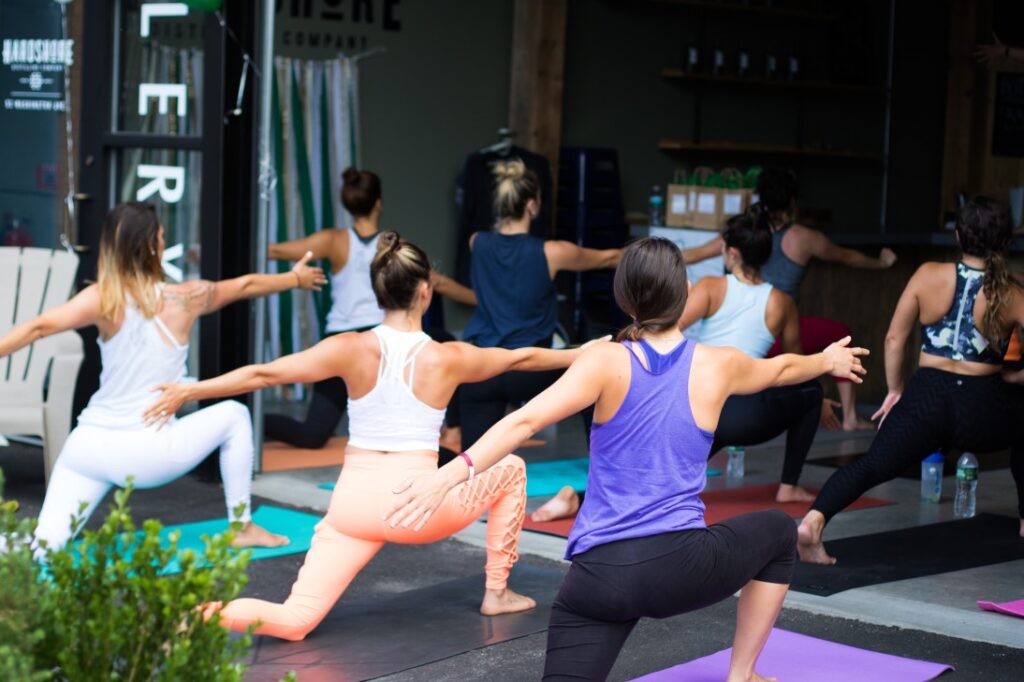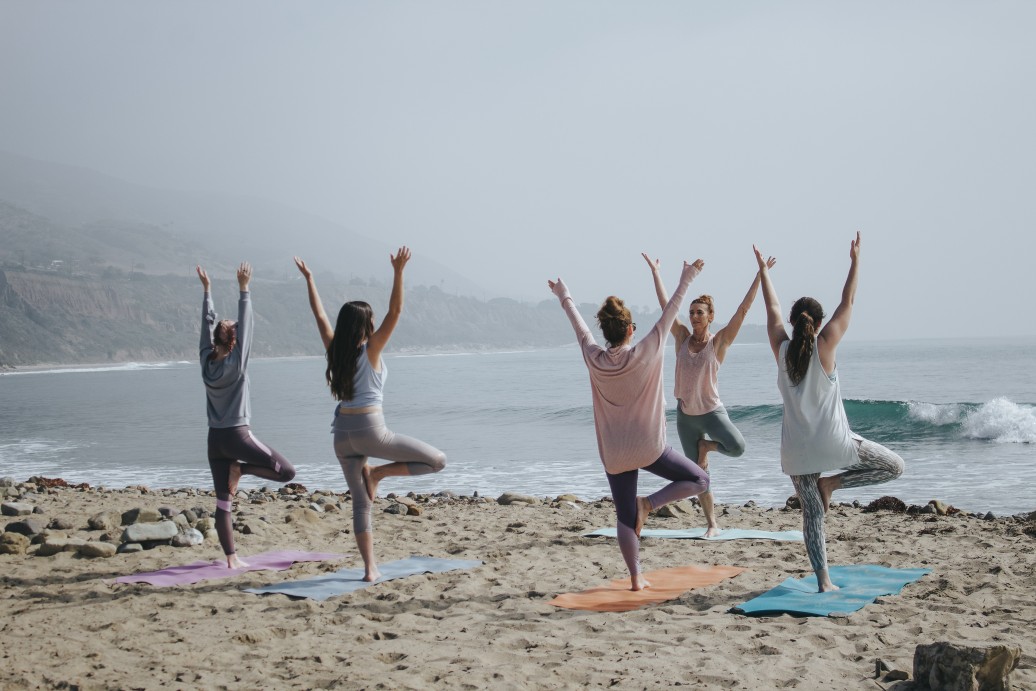Photo by Kaylee Garrett on Unsplash
Meditation can be a valuable tool in healing for individuals who have experienced trauma.
Who would’ve thought that healing trauma with meditation is possible? The deep emotional wounds come with repercussions, like a person’s mental, emotional, and physical well-being in disarray. Meditation, when practiced mindfully and with appropriate guidance, can help in several ways:
Mind-Body Connection
Trauma can often lead to a disconnection between the mind and body. Meditation can help bridge this gap by fostering a deeper awareness of bodily sensations, emotions, and thoughts. Mindful practices like body scanning and breath awareness can encourage the reintegration of mind and body.
Regulation of the Nervous System
Trauma can lead to a dysregulated nervous system, resulting in hypervigilance, anxiety, or emotional numbness. Meditation, especially practices focusing on deep breathing and relaxation, can activate the parasympathetic nervous system, promoting a sense of calm and safety.
Emotional Processing
Meditation can provide a safe space to process and release trauma-related emotions. Individuals can gradually work through unresolved emotional pain by observing emotions non-judgmentally and allowing them to arise and pass.
Cultivating Mindfulness
Mindfulness, the practice of being fully present in the moment without judgment, can help individuals develop greater resilience to trauma-related triggers and stressors. One can learn to respond to challenging situations with greater clarity and composure through mindfulness.
Building Resilience
Trauma can make individuals more susceptible to stress and emotional turmoil. Meditation can help build resilience by fostering a more balanced perspective, reducing reactivity, and enhancing coping mechanisms.
Creating Space for Healing Trauma

Regular meditation allows individuals to create a sacred and nurturing space essential for healing from trauma. This dedicated time for self-care and self-compassion can be transformative in the recovery process.
That is where Mana Sciences comes in. With meditative yoga, uncover your inner strength in healing trauma with the help of ancient Hawaiian wisdom. Participants of the Empower Me Free yoga classes by Mana Sciences Yoga provide the best results. They also have excellently certified Hatha Yoga instructors registered with the Yoga Alliance.
If you are a registered yoga instructor already and need Continuing Education (CE) credits, you can enjoy the benefits of the Mana Gardening empowerment with private one-on-one yoga education classes, either physical or video conferencing. You’ll always have options with Mana Sciences, whose mission is to empower souls through yoga.
You can contact them here if you have any more inquiries and are curious about what more Mana Sciences can bring for you.
Working On the Complexities of Trauma

While meditation can be beneficial, it’s essential to recognize that trauma is a complex and sensitive issue. It’s crucial to work with a trained mental health professional, such as a therapist or counselor, who specializes in trauma therapy. They can provide appropriate support and guidance and ensure meditation practices align with your unique needs and healing journey.
Remember, healing from trauma is a gradual process that requires patience and self-compassion. Meditation can be a valuable complement to professional therapy, support groups, and other healing modalities. It’s essential to honor your experiences, take your time, and seek help from qualified professionals as needed.
Empowering Yoga Practices for Healing Trauma

To empower your yoga practice, you can incorporate the following tips and techniques to deepen your mind-body connection and enhance your overall experience:
Set Intentions
Start each yoga session with a clear intention or purpose. Setting intentions can focus your mind and direct your energy during practice, whether to cultivate inner peace, build strength, improve flexibility, or be present.
Breath Awareness
Pay close attention to your breath throughout your practice. Use deep, mindful breathing to anchor yourself in the present moment and maintain a steady rhythm. Breath awareness also helps you stay focused and calm during challenging poses.
Regular Practice
Consistency is critical. Set aside dedicated time for your yoga practice regularly. Regularity will bring more profound benefits over time, whether daily, a few times a week, or whatever works for you.
Practice Mindfulness
Yoga is not just about physical postures; it’s about being fully present in the moment and believing in the impossible. Cultivate mindfulness by observing your thoughts and sensations without judgment during your practice. This can help you develop a more profound self-awareness and inner peace.
Proper Alignment
Focus on alignment to avoid injury and maximize each pose. Listen to your body and make adjustments as needed. If you’re unsure about proper alignment, consider attending classes with experienced instructors or seeking online resources.
Warm-Up
Always warm up before diving into more challenging poses. Gentle stretches and movements prepare your body and mind for the practice ahead, reducing the risk of strain or injury.
Embracing Challenges in Healing Trauma
Don’t shy away from challenges for the sake of growth and self-discovery. With patience and consistent effort, you’ll gradually see improvements. Cultivate a sense of gratitude for your practice, your body, and your progress. Appreciating the journey will help you stay motivated and positive, even during frustration or plateaus.
And lastly, be kind to yourself and avoid self-criticism. Remember that yoga is a personal journey, and progress looks different for everyone. Celebrate your achievements, no matter how small, and treat yourself with compassion and understanding.
By incorporating these elements into your yoga practice, you can empower yourself to experience the full benefits of yoga on physical, mental, and spiritual levels. Remember, yoga is a lifelong journey of self-discovery and growth, so embrace the process and enjoy the transformation it brings to your life.

